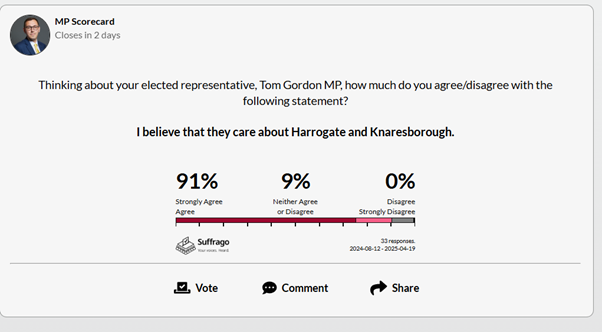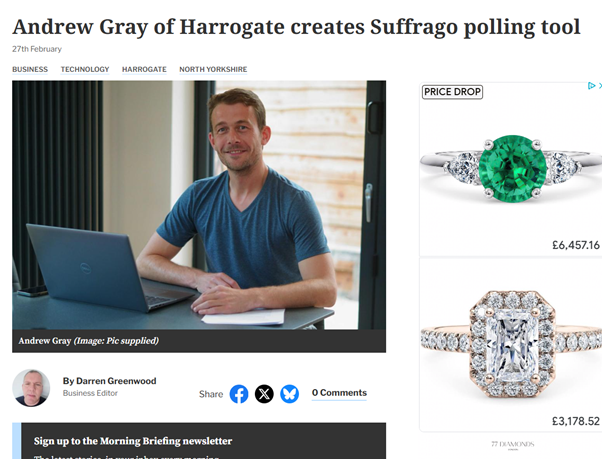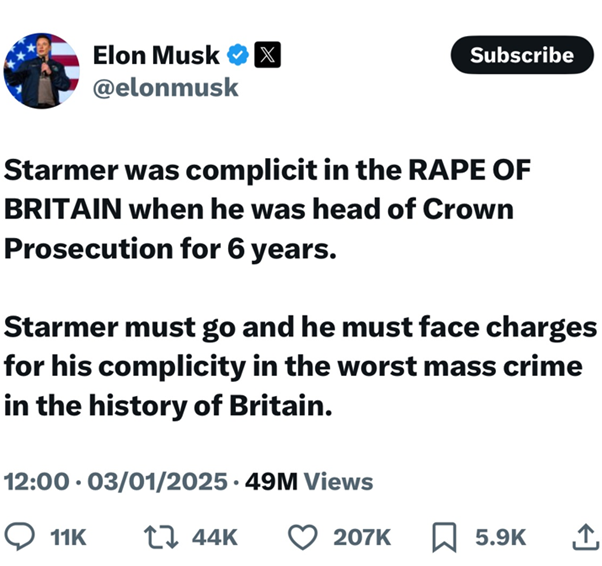With the PM fighting for his life, the mantle has been passed to Dominic Raab, a solicitor. Sidestepping the constitutional crisis, given that it is the Queen who appoints a Prime Minister and there is no such thing as a deputy PM, what can we expect from another lawyer leader? Specifically, what is to be expected from a solicitor leader?
As a lawyer, Raab is in good company. Multiple British Prime Ministers have been barristers, but only one solicitor has made it to the top job: David Lloyd George (and Nicola Sturgeon in Scotland). Internationally, two of the world’s greatest leaders have been lawyers: Mandela and Ghandi. In the US, 26 US presidents have been lawyers, including Jefferson, Lincoln, Roosevelt, Nixon, Ford, Clinton and Obama. If you want to run your country, practising law will enhance your chances.
Are there any skills, typically found in solicitors, which might give us a clue as to how Raab will lead during this potential interregnum, or in the event that the worst should befall Boris (and get well soon, PM)? And which solicitor traits might impede Raab?
In my experience as a solicitor, we learn the rules of the game, and then try to play the game better than others. As a particularly astute solicitor, Raab should be able to digest volumes of written information, committing the key parts to memory. It is fair to say that most solicitors have only a basic grasp of maths, therefore any scientific advice which is data-heavy would need to be translated into words.
Most lawyers struggle when only provided with imperfect, incomplete information. Caveating advice, if not fully armed with the facts, is de rigueur for the solicitor (and so is using terms such as “de rigueur”!). At this time, heavily caveated public information messages will not work.
Due to the uncertainty of the COVID science, any lawyer would struggle to form a conclusion on what to do next, and then convince us – the public – of the rationale. For that is another trait: although lawyers are (most unfairly) notorious for bending the truth, our code of ethics is embedded into most lawyer’s DNA, preventing any distortions of truth. My hope – and my expectation – is that Raab would be straight with us. I have seen nothing to suggest that Raab lacks the key lawyer trait of integrity.
But how would a solicitor, provided with imperfect science, reams of data and surrounded with political apparatchiks, make a decision? For example, when should lockdown be relaxed? Most solicitors would instinctively know what to do: follow the expert’s advice. Using the Socratic method, a lawyer would keep asking questions of the experts until the experts have been “knocked around a little” in order to test the veracity of the advice. After the “knock around,” a lawyer would demand that the expert’s updated advice was provided to them in writing, for a further scrutiny. The lawyer, then, would become the judge: weighing up the various arguments, then making findings of facts, before forming a conclusion. A civil legal practitioner like Raab (i.e. not a criminal lawyer) may intuitively opt for “the balance of probabilities” for his test for action, before being compelled to pluck for the safer, stronger “beyond reasonable doubt” criminal burden of proof. After all, Raab would be making life and death decisions.
Lawyers ought to be adept at both written and oral communication, although our communication can often get littered with jargon. As I type, on my desk is the letter which Boris despatched to every household in the country, ordering us to stay at home. From studying Boris’ writing, I would venture that these are the PM’s own words. As a journalist, Boris has the gift of the pen. We lawyers are comfortable with written communication, but we do not possess the journalist’s magic for written prose (this is a prime example). Heaven forbid that we receive a letter from Raab, but if we do, I doubt that it will he who drafts it.
With the spoken word, again lawyers should be skilled, more so if they practised as an advocate, which Raab did not. When public speaking a solicitor is less likely to ad-lib than a barrister. As a result, solicitor speeches are often shorter and, frankly, less interesting than a barrister’s (unless this is just my speeches!). Unlike barristers, solicitors tend not to have a pronounced style: just compare Raab’s delivery with that of Geoffrey Cox QC. When performing advocacy, I don’t want to come up against a barrister, even if my arguments are more compelling.
Equal with integrity, what we need at this juncture is stellar leadership. In my view, top political leaders read the mood – something that Boris does well. The best politicians know how to compromise – something solicitors do well. And the crème de la crème of political leaders – the Mandelas and Ghandis – usually have a North Star: solid guiding principles. Solicitors do not have a monopoly here. In fact, being open to compromise, open to changing one’s mind, actually makes it harder to be a solicitor political leader.
But what sort of leader do we want at this most bewildering of times? If we need scintillating, Your Country Needs You-type leadership, my guess is that you wouldn’t want a solicitor leader. But if we need someone with integrity, who is evidence-led and expert-led, a solicitor leader is exactly what we need.
Good luck to both Boris and Dominic.









